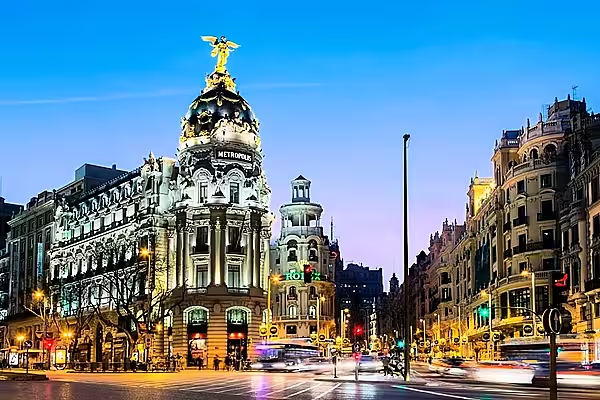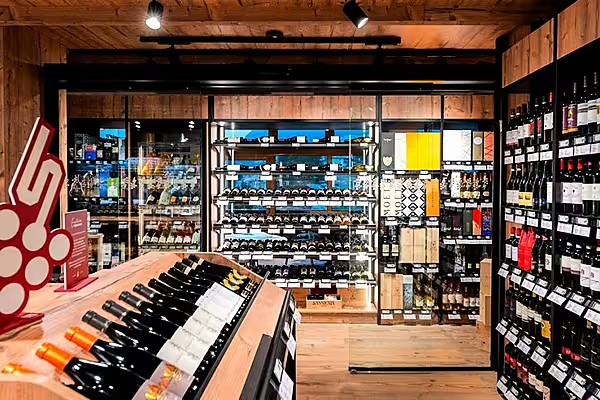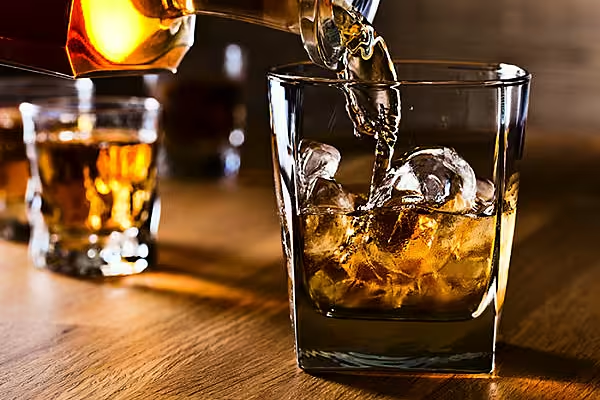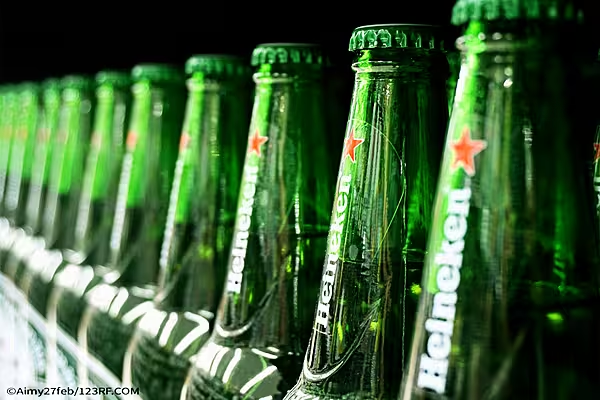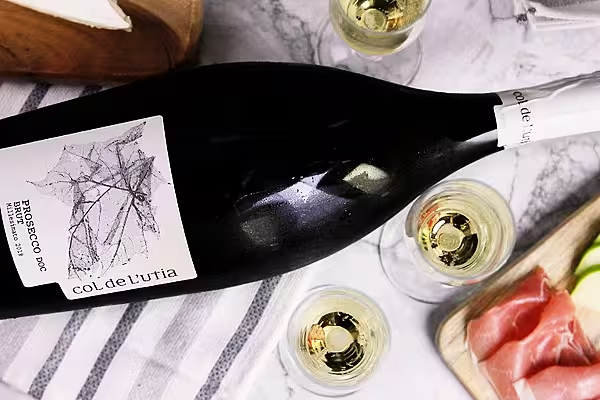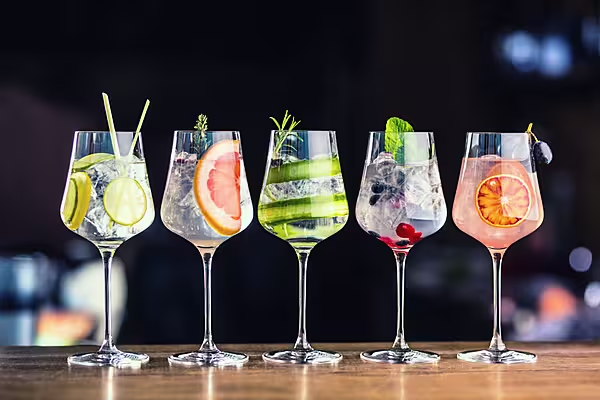This summer was a scorcher in France, the second-hottest on record. For Bordeaux wine growers, those searing temperatures were the latest reminder that global warming is threatening to upend their world.
In a vineyard on the outskirts of the world’s wine capital, Agnes Destrac, a researcher with France’s National Institute for Agricultural Research, points to shrivelled merlot grapes, left to linger on the vine well past harvest time to simulate the effects of rising temperatures.
“You have to keep in mind the limits of the grape," Destrac said. “We’re not going to keep merlot no matter what.”
A few years ago, such talk would have been heresy in a place where merlot vines cover more than 60 per cent of the red-wine area. But now Destrac is at the forefront of a race to hunt for grapes that can better withstand heat, helping Bordeaux’s $4.2 billion wine industry adapt to a hotter world.
Merlot is Bordeaux’s earliest-ripening red, and its character would change if a warmer climate meant fully ripe berries in August rather than September, said Bernard Farges, a winemaker and president of the Conseil Interprofessionel du Vin de Bordeaux, the local wine board.
Overripe merlot loses its class and freshness, becoming “a fruit bomb with no hard edges,” Master of Wine Clive Coates wrote in his 2004 book, “The Wines of Bordeaux.”
An alternative ideally would yield a wine that still is typical of Bordeaux, Farges said. That means a deep red that’s easy to drink with meals, not too high in alcohol and elegant.
France’s wine regions are organized in controlled designations of origin, known by their French acronym AOC, with rules on growing areas and grape types based on centuries of growing experience.
Global warming means tradition may have to go out the window. Bordeaux has heated up almost 1 degree Celsius (1.8 Fahrenheit) since the 1980s, and more increases could push merlot outside its comfort zone. From Champagne in the north to the Rhone valley in the south, vines are flowering earlier and fruit is maturing more quickly than a generation ago.
In all four scenarios used by the Intergovernmental Panel on Climate Change, a scientific intergovernmental body overseen by the United Nations, the region is expected to continue warming through 2050. In its scenario of rising greenhouse-gas emissions, average temperatures may be about 4 degrees higher than the 1975-2005 average by the end of the century.
The Bordeaux wine board has asked to change the regulations of the AOC so growers starting in 2016 can try out grape varieties now barred under the label of the world’s most famous wine region. It’s proposing to add four red-wine grapes to the six allowed in the AOC as part of an eight-year experiment. The plantings would include regional varieties as well as Marselan, a cross between Cabernet Sauvignon and Grenache developed in 1961.
News by Bloomberg, edited by ESM. To subscribe to ESM: The European Supermarket Magazine, click here.

